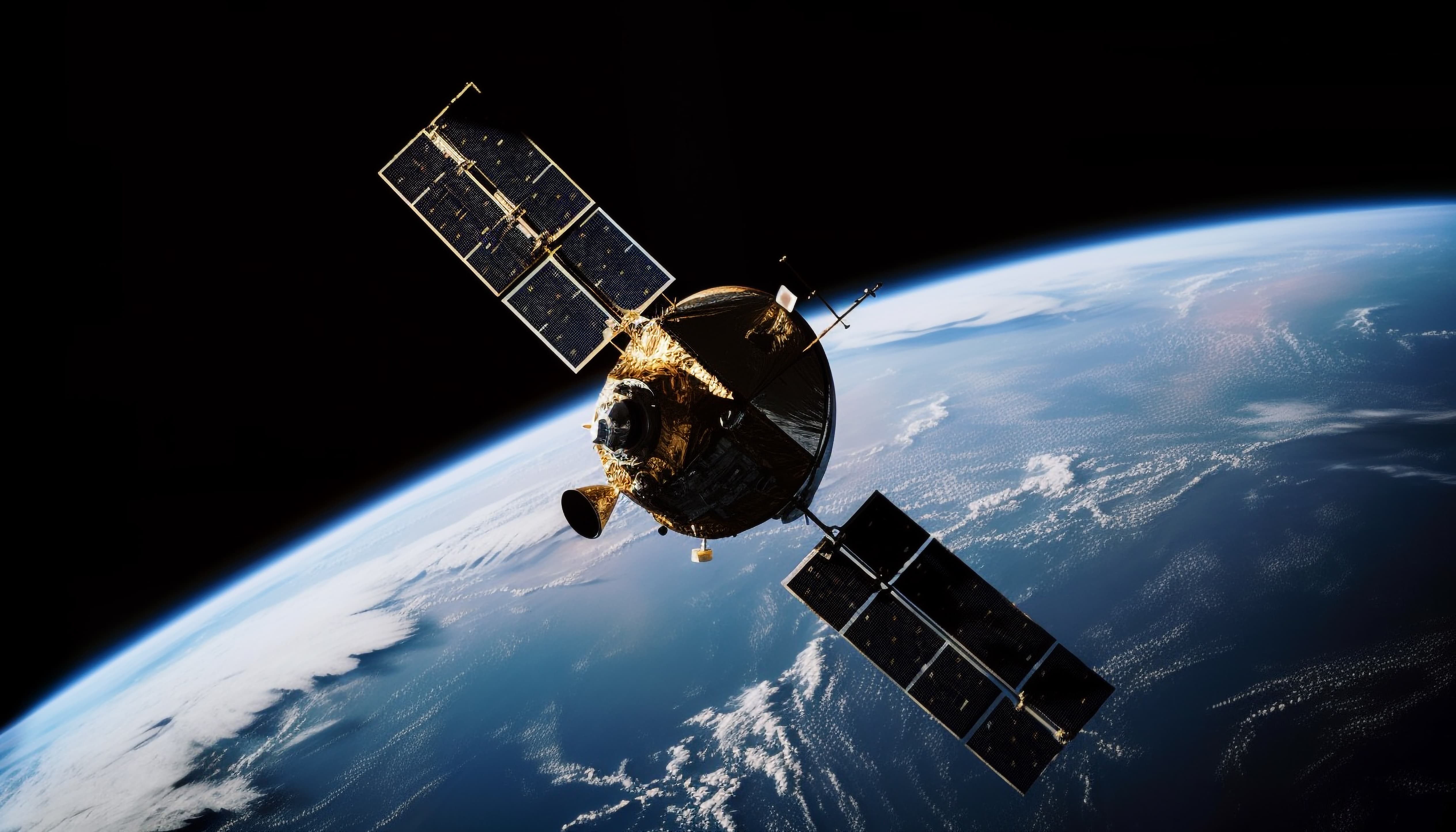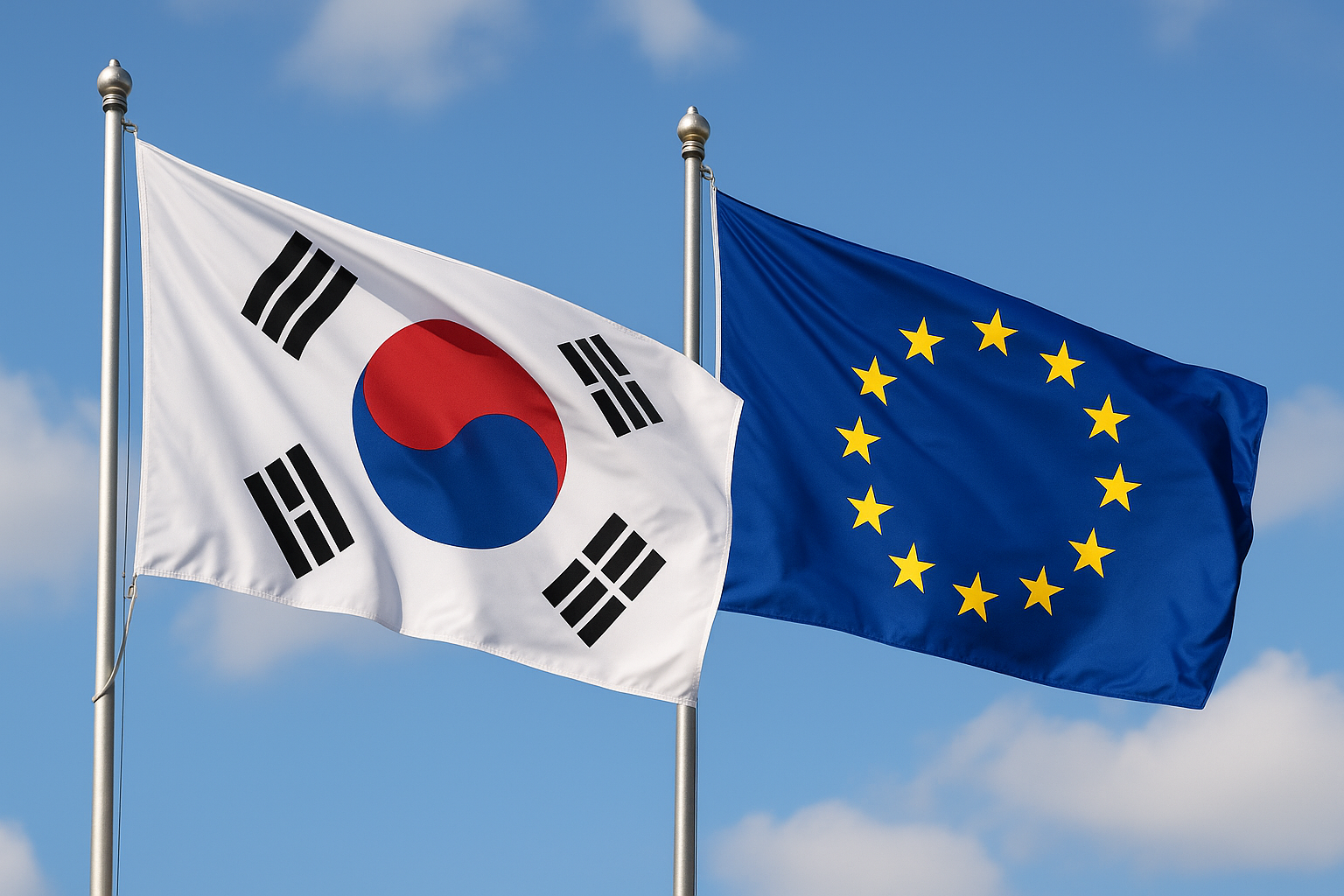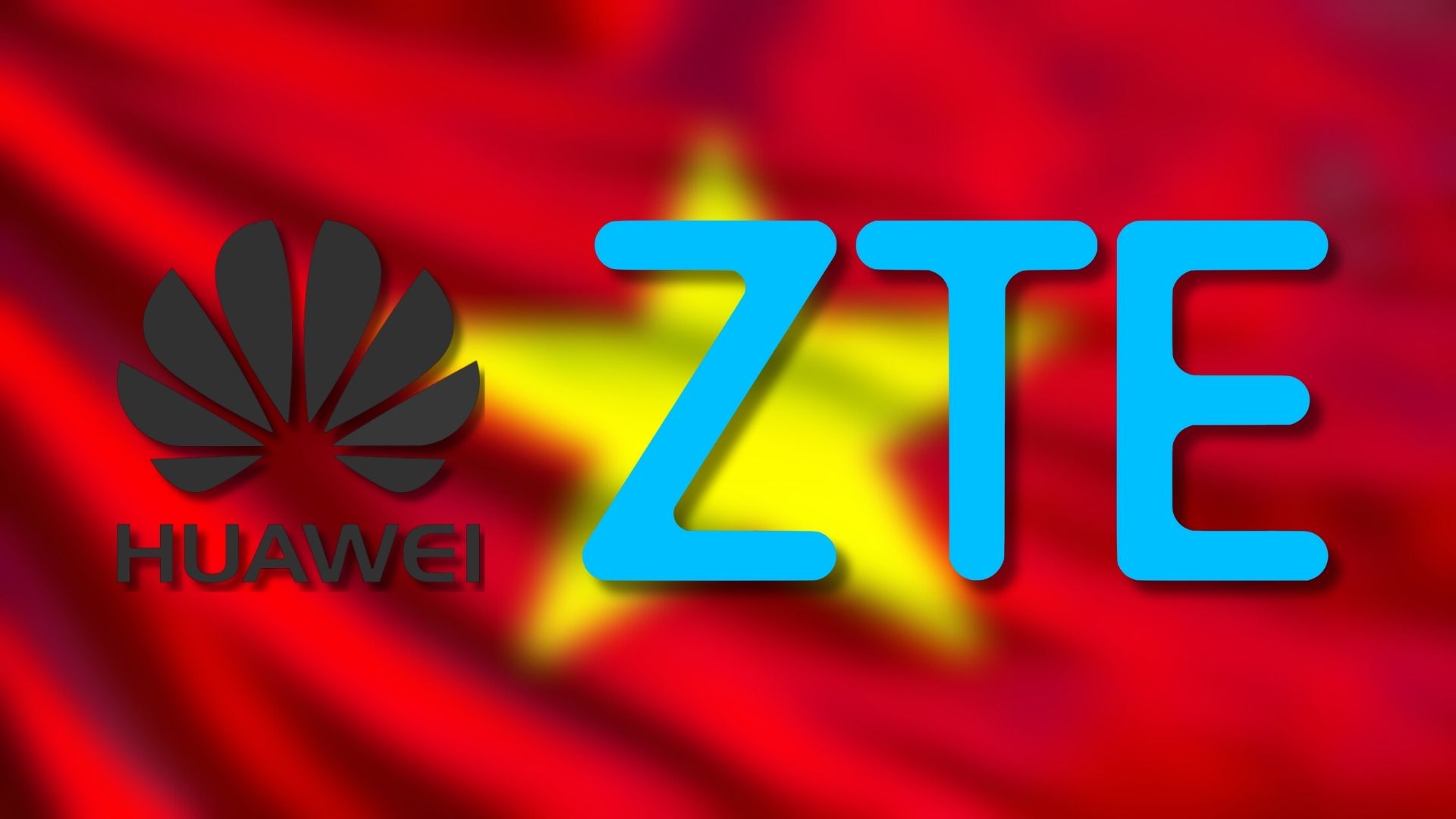The US tech giant, NVIDIA, has deepened its long-standing partnership with Synopsys through a multi-year strategy designed to redefine digital engineering across global industries.
An agreement that includes a significant investment of two billion dollars in Synopsys shares and a coordinated effort to bring accelerated computing into every stage of research and development.
The aim is to replace slow, fragmented workflows with highly efficient engineering supported by GPU power, agentic AI and advanced physics simulation.
Research teams across semiconductor design, aerospace, automotive and industrial manufacturing continue to face rising complexity and escalating development costs. NVIDIA and Synopsys plan to respond by unifying their strengths, rather than relying on traditional CPU-bound methods.
NVIDIA’s accelerated computing platforms will connect with Synopsys tools to enable faster design, broader simulation capability and more precise verification. The collaboration extends to autonomous engineering through AI agents built on Synopsys AgentEngineer and NVIDIA’s agentic AI stack.
Digital twins stand at the centre of the new strategy. Accurate virtual models, powered through Omniverse and Synopsys simulation environments, will allow engineers to test and validate products in virtual space before physical production.
Cloud-ready access will support companies of all sizes, rather than restricting advanced engineering to large enterprises with specialised infrastructure. Both firms intend to promote adoption through a shared go-to-market programme.
The partnership remains open and non-exclusive, ensuring continued cooperation with the broader semiconductor and electronic design ecosystem.
NVIDIA and Synopsys expect accelerated engineering to reshape innovation cycles, offering a route to faster product development and more reliable outcomes across every primary technical sector.
Would you like to learn more about AI, tech and digital diplomacy? If so, ask our Diplo chatbot!









